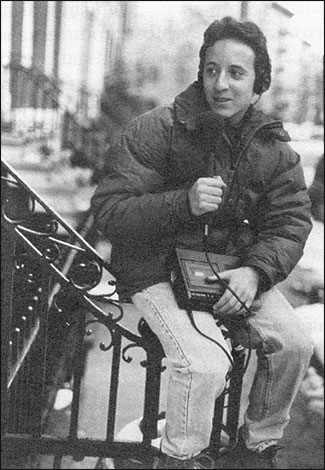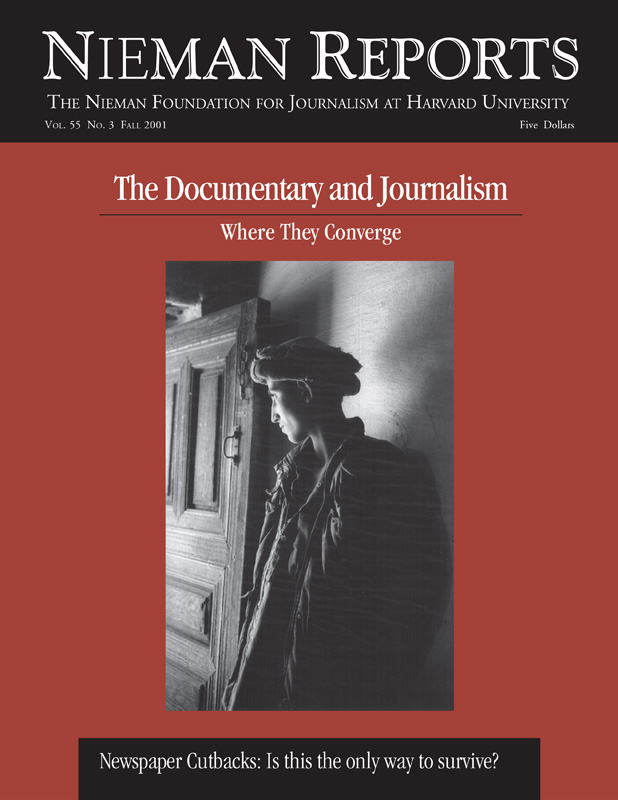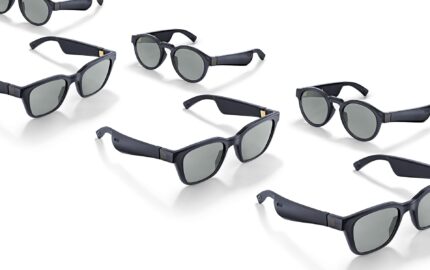
I went to a small high school where everyone had some vague notion that I had a disease called Tourette’s syndrome. But very few students really knew what that meant and even fewer seemed to care enough to find out. That was until I brought the tape recorder to school with me.
At first, I was absolutely mortified at the idea of actually interviewing anyone. I was in 10th grade and, back then, I used to dread going to school every day. I was already enough of a social outcast because of my condition, which causes me to sometimes move or speak involuntarily. I was terrified that shoving a huge microphone in somebody’s face would cause me to be the victim of further scorn. I was wrong.
When I took out the tape recorder and explained what I was doing, there was a huge commotion. Soon, I had at least a dozen students waiting to be interviewed. During this lunch period, I became closer to my classmates than I had in the several previous years.
Recording these diaries made me realize something important: I’d never really talked to anyone at school about Tourette’s. Talking in this way now showed me that people were interested and did care. After my story aired, even complete strangers from around the country went out of their way to drop me a note. My well-wishers ranged from ordinary people, to a man in prison in Texas, to a young lady named Emily, who also has Tourette’s, and with whom I still correspond.
The lesson I learned from documenting my experience is that in some ways the cold, cruel world is not as cold and cruel as I used to think it was.
“People are always taught to think before they speak. Everybody has deep dark things that they don’t want people to know they’re thinking about. The bottom line is sometimes I actually have to teach myself not to care. I can’t care because most of the time I can’t control what comes out of my mouth. I control what comes out of my ass better than I control what comes out of my mouth. But the last thing I want people to think is, ‘Oh, poor Josh.’ It’s not like I’m in a wheelchair or I have snot dribbling down my chin. I really just don’t want anyone to be feeling sorry for me. This is not a Sally Struthers commercial.”—From the “Teenage Diaries” series.
Joshua Cutler graduated in June 2001 from Vassar College. When he was in high school, he reported two stories about his life and struggle with Tourette’s syndrome.



